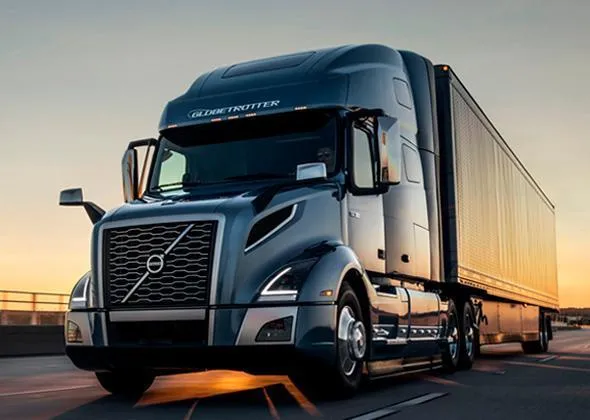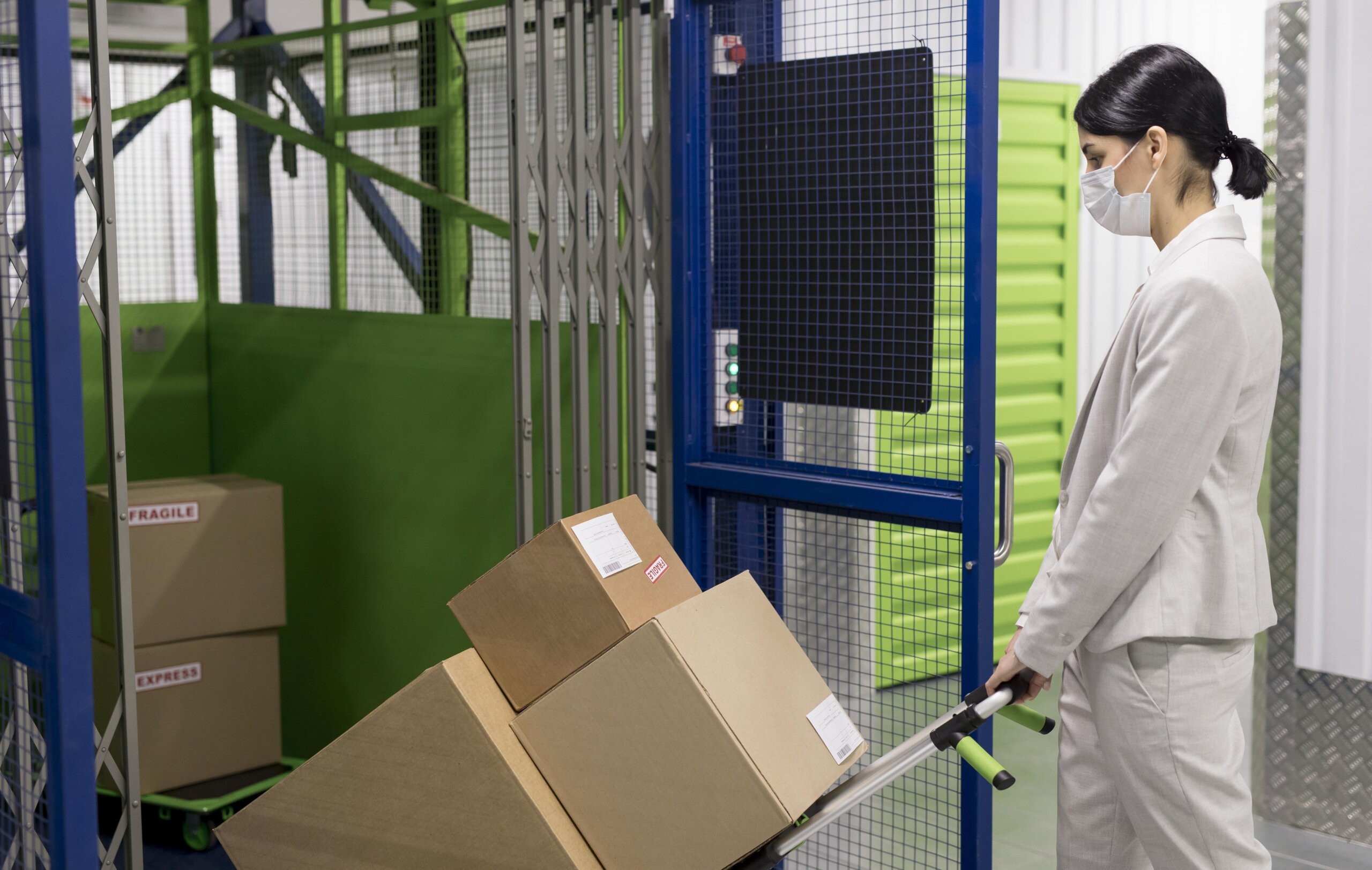Flatbed Load Securement 101: Safety Best Practices
Freight transportation on flatbed trailers is among the most demanding aspects of trucking. In contrast to enclosed trailers, flatbeds expose cargo to weather and risk during transport. Load securement is not only a regulatory imperative but also an important safety practice. Unsecured loads can shift, fall, or even result in serious accidents when traveling. To protect drivers, freight, and the public, it’s essential to follow the best practices in flatbed load securement.
Whether you’re an independent owner-operator or working with one of the Best Truck Dispatch Services, understanding the fundamentals of load securement is key to staying compliant, efficient, and safe.
Why Load Securement Matters
Flatbed hauling tends to include oversized, irregular, or heavy cargo like machinery, building supplies, steel, or heavy equipment. Unlike box trailers, flatbeds provide no walls or roofs to contain loads, so the use of chains, straps, and binders is essential. Proper securement:
- Avails accident prevention by halting freight from movement or falling during transportation.
- Safeguards cargo value by reducing damage due to movement.
- Guarantees compliance with the Federal Motor Carrier Safety Administration (FMCSA) rules.
- Develops reputation for professionalism and reliability within the trucking industry.
Regulatory Rules for Flatbed Securement
FMCSA offers concise directives regarding the securement of cargo. Some of the key points are:
- Minimum Securement – For the majority of loads, one tie-down is the minimum for every 10 feet of cargo length.
- Weight-Specific Rules – Loads over 10,000 pounds require a minimum of two tie-downs.
- Working Load Limit (WLL) – Tie-downs should have a total WLL equivalent to at least 50% of the cargo weight.
- Inspection Requirements – Drivers need to inspect cargo securement at the initial 50 miles and afterward every 150 miles or every 3 hours of traveling.
Non-compliance can result in penalties, downtime, and safety hazards. That is why professional drivers and dispatchers make it a point to follow these regulations.
Tools that are must-haves for Flatbed Securement
Flatbed drivers depend on multiple pieces of equipment to properly secure loads:
Chains and Binders – Lever or ratchet binder heavy-duty chains work well for steel loads and machinery.
- Straps – Polyester webbing straps are used for pallets, lumber, or smaller equipment.
- Edge Protectors – Protect cargo from straps cutting into it and lengthen the securement equipment’s life.
- Tarps – Insulate cargo from inclement weather such as rain, snow, and dust.
- Winches and Ratchets – Tools for tightening chains and straps in place.
It is a professional responsibility of a driver to know how and when to utilize such equipment.
Best Practices in Flatbed Load Securement
1. Plan Before Loading
Securement begins before the initial application of a first chain or strap. Drivers are expected to inspect the load, assess weight distribution, and identify areas of movement.
2. Use Adequate Tie-Downs
Always use more securement than necessary. Redundancy offers extra safety on long hauls.
3. Protect Both Cargo and Equipment
Edge protectors not only protect freight but also shield straps from fraying or breaking under load.
4. Keep Equipment Well Maintained
Chains, straps, and binders must be checked for wear and replaced the moment damage is observed. A frayed strap can fail during load and result in accidents.
5. Use Proper Tensioning Methods
Straps and chains must be tightened tightly but not too tight, which can damage goods. Check tension again after the vehicle has been on the road for a while.
6. Tie Loose Items
Small components, pipes, or oddly shaped items need to be banded and tied separately so that they do not roll or slide around.
7. Remain Compliant With Inspections
The driver should conduct mandated inspections and maintain records so that fines are not incurred and road safety is ensured.
The Role of Dispatch in Load Securement
While drivers are directly responsible for securing loads, dispatchers play an important supporting role. The Best Truck Dispatch Services help by:
- Selecting suitable loads that match the driver’s trailer type and securement equipment.
- Providing detailed instructions about freight requirements, weight, and dimensions.
- Ensuring compliance with FMCSA regulations by guiding drivers through best practices.
- Offering 24/7 support in case drivers face challenges with cargo securement on the road.
- Serving with a professional dispatching company can minimize risks, maximize efficiency, and provide drivers with assurance that they are carrying safely and profitably.
Common Errors to Steer Clear Of
- Too Few Tie-Downs – Bare minimum standards result in unsafe operations.
- Weight Distribution Ignored – Unbalanced loads impact vehicle stability and result in rollover crashes.
- Damaged Equipment Used – Worn-out straps or corroded chains undermine safety.
- Skipping Inspections – Neglecting re-examination of loads in transit will lead to shifting freight.
- Improper Tarping – A loose tarp can itself become a hazard to other road users.
Conclusion
Flatbed trucking is associated with special responsibilities, and topmost on the list is load securement. Adhering to FMCSA recommendations, employing correct equipment, and adhering to best practices guarantees driver, freight, and road user safety.
For owner-operators and carriers, collaboration with the Best Truck Dispatch Services provides an added measure of security. Dispatchers assist in the selection of the best loads, compliance, and the expert guidance necessary to keep trucks profitably and safely in motion.
In the business of flatbed hauling, safety and efficiency are synonymous. With load securement skills and a trustworthy dispatching partner, drivers can establish confidence, safeguard their cargo, and get every haul to its destination safely.








